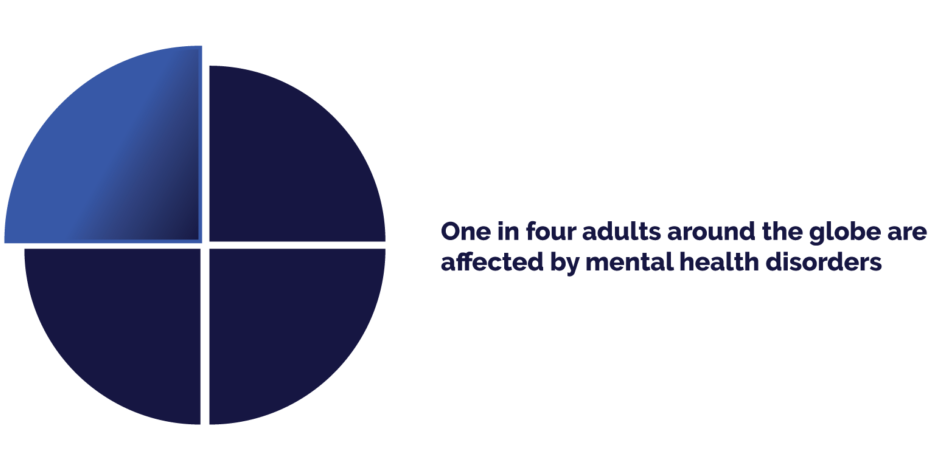Contrary to popular belief, the presence of a mental health disorder is not based on either the presence or the absence of a set of symptoms. In general, mental health encompasses a variety of outlooks and actions, including a person’s ability to function and feel well despite setbacks. A lack of resiliency to adverse, stressful, or exciting situations can be indicative of a mental health condition.
The signs and symptoms of mental health conditions in teens often differ from adults who suffer from the same disorder. For example, adults with depression are more likely to feel sad and fatigued and uninterested in their usual activities. Teens with depression are more likely to become agitated, angry, and lash out at others without cause.
The same condition can cause different symptoms in different teens. A teen with depression may eat to excess and gain weight, while another teen with depression will be too upset to eat and may lose weight in a short period. The number of symptoms manifested will also vary depending on the individual. Although all mental health conditions in teens are serious and need addressing by a professional, the degree, number, and duration of symptoms will vary for each patient. Exhibiting fewer symptoms do not necessarily entail that there isn’t an issue.
What can make discerning the signs and symptoms of a mental health condition so confusing for parents is that experiencing an emotion that is similar to a mental health symptom once or infrequently is often normal teenage behavior. Parents can make the mistake of overreacting, or not reacting at all and chalking up a teen’s mental health symptom to adolescent angst.
But if parents or guardians notice the following signs or symptoms present for several weeks, and showing up as a pattern, something more than typical teenage angst is most likely to blame:
- Exhibiting anger and irritability that is out-of-character
- Feeling extremely worried or anxious
- Having trouble sleeping, either sleeping too much or too little
- Changes in eating patterns, and changes in weight
- Not having an interest in activities they’d usually enjoy
- Completely changing their peer group
- Becoming socially withdrawn
- Exhibiting signs and symptoms of grief for a long time after a loss
- Abusing drugs, alcohol, or tobacco
- Binge eating, purging, or excessively counting calories and exercising
- Becoming violent, or destroying property
- Getting into trouble at school or with law enforcement
- Exhibiting symptoms of fatigue and lethargy
- Feeling “out of control” of their emotions
- Experiencing thoughts of suicide
- Engaging in self-harming behaviors, such as cutting, burning, or picking at the skin
What can adults do if a teen is exhibiting signs of a mental health disorder?
Coordinated, and early intervention will give teens and their families the successful outcome they need to alleviate mental health disorders symptoms. Coordinated specialty care offers teens access to psychotherapy, medication, experienced case managers, family education, and support for at work or school. Studies have found that teenagers who enter a coordinated care program for mental health were able to stay in treatment programs for longer, and were able to achieve long-term improvement in symptom relief, as well as repair and strengthen their relationships, stay in school, and improve the overall quality of their lives.
Family therapy under the guidance of a qualified therapist gives families the tools they need to communicate with distressed teens. The most effective treatment plans will vary depending on their teen’s mental health condition if they have a co-occurring substance use disorder, and their circumstances and temperament. Teens with depression often recover with a combination of medications, and cognitive behavioral therapy. A teenager with an anxiety disorder will typically benefit from therapy and mindfulness exercises. For teens who have experienced trauma, exposure therapy can help.
Article by: Mission Harbor - Behavioral Health
successful outcome they need to alleviate mental health disorders symptoms. Coordinated spe
aThis guide is intended to be informational. If you are considering help for you or your loved one and would like more information, please consult a medical professional or licensed treatment facility.re
Mis













